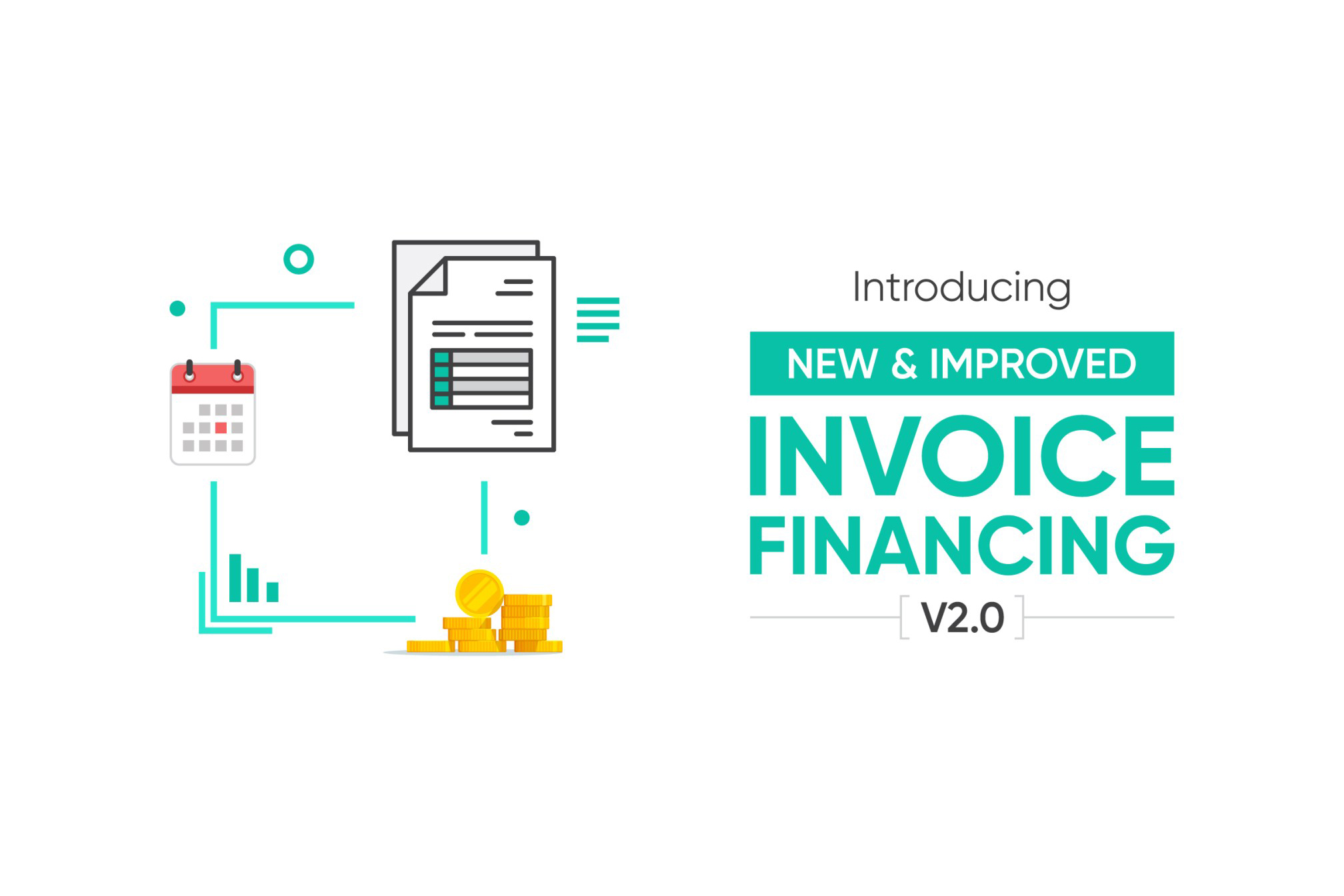Every successful company begins with a visionary idea, but even the most innovative concepts fall short without sufficient funding. It takes a significant amount of investment to turn a startup's vision into reality, and for many entrepreneurs, venture capital provides essential financial support during the early stages of growth.
As a vital component of the startup ecosystem, venture capital provides not just financial backing but also strategic guidance to young companies with substantial growth potential. The rise of the internet and digital technologies has made venture capital an increasingly popular investment option for entrepreneurs seeking capital and investors looking to support the next big thing. This comprehensive article, whether you're just starting to learn about venture capital or have prior experience as an investor, aims to provide you with a complete understanding of venture capital, including its features, rise, importance, advantages, disadvantages, and everything in between. So, please sit back, grab a cup of coffee, and let's embark on a thrilling journey into the world of venture capital.

What is Venture Capital
Venture Capital is a type of private equity financing provided by venture capital firms or individual investors to support startups and early-stage businesses with high growth potential. These investments are often made in companies that are too small, high-risk, or have a limited operating history, as they have difficulty obtaining funding from traditional sources like banks or institutional investors. The primary objective of venture capital is to help these companies grow, leading to a substantial return on investment in the future.
Venture capitalists provide capital in exchange for a share of the company and play an active role in management, they are working closely with the company's executives to develop business strategy and operations. This collaboration between startups and venture capitalists leverages the startups' expertise in their field with the venture capitalists' experience in cultivating a growing company.
Venture capital not only provides financial and management support but also offers startups access to a network of partners and experts through the venture capital fund and helps them secure future rounds of funding. However, venture capital is only available to institutional and accredited investors like pension funds, large financial institutions, HNWIs, and wealth managers.

The History & Rise of the Venture Capital Industry
The venture capital industry has its roots in the aftermath of World War II in the United States. Georges Doriot, a Harvard Business School professor and a leader in the field, formalized the concept of investing in and providing support to early-stage startups when he founded the American Research and Development Corporation (ARDC) in 1946, widely considered the first institutionalized venture capital firm.
In the 1950s and 1960s, the venture capital industry rapidly expanded, focusing on financing young tech companies in areas such as computers and telecommunications. However, the industry experienced a decline in the 1970s and 1980s due to a lack of successful exits and a reduction in government funding. But it regained momentum in the 1990s and early 2000s, fueled by the growth of the internet and the dot-com boom.
Venture capital has become an increasingly important source of funding for startups and young businesses in recent years, particularly in the technology sector. The industry has evolved to offer various investment options, including seed funds for early-stage startups, growth equity funds, and late-stage funds. This is due, in part, to the rise of the internet and digital technologies, which have created new opportunities for entrepreneurs and investors alike. Additionally, the increased popularity of startups and entrepreneurship has made venture capital a more mainstream investment option.

The Features of Venture Capital
Venture capital investments are typically made in the form of equity, which means that the investor becomes a shareholder in the company. The amount of equity provided by the venture capital firm is proportional to the amount of capital invested, and the investor is entitled to a share of the company's profits or proceeds in the event of a sale or initial public offering (IPO).
Venture capital investments are also characterized by a longer-term perspective, as they are meant to support the growth and development of the company over several years. Additionally, venture capital firms often provide valuable strategic support, including mentorship, business development, and other resources, to help the company succeed.
The following are some of the key features of venture capital:
High-risk, high-return: Although venture capital is a high-risk investment, it also offers the potential for high returns.
Investment in startups and early-stage companies: venture capital is typically invested in startups or early-stage businesses that have high growth potential but are difficult access to traditional funding sources such as banks or institutional investors.
Active involvement in management: venture capitalists usually take an ownership stake in the company and work closely with the company's executives to develop business strategies and build operations.
Access to expertise and networks: Venture capital offers startups access to a network of experts and partners through the venture capital fund, as well as potential future funding opportunities.
Limited availability: Venture capital is typically only available to institutional and accredited investors, such as pension funds, large financial institutions, high-net-worth individuals, and wealth managers.
Multiple rounds of funding: Capital is often provided in various rounds, with the venture capital firm continuing to support the company and help it grow.
Focus on high-growth industries: The venture capital industry is usually focused on investing in high-growth industries such as technology, healthcare, and renewable energy.

How Venture Capital works
Venture capital firms invest in startups during their early stages of development, taking a minority ownership stake in return. They aim to increase the value of the startup and then exit the investment through a sale or IPO, generating profit.
Four key players are involved in the venture capital industry:
entrepreneurs seeking funding for their vision
high-risk investors seeking high returns
investment bankers seeking companies to take public
venture capitalists profiting from creating markets for all three.
Entrepreneurs present their business plans to venture capital firms, who then conduct due diligence to assess the quality of the business and its growth potential. This includes an examination of the business model, product, management, and operating history, as well as an in-depth review of the founders, including their education, professional experience, and personal background.
If the due diligence process is successful and the business shows promise, the venture capital firm may offer funding in exchange for equity. This funding is often provided in multiple rounds, and the venture capital firm may also play an active role in the portfolio company's management.

Why Venture Capital is Important
Venture Capital is becoming more important due to a few aspects below:
Supports Entrepreneurship: Venture capital financing provides crucial support to entrepreneurs in bringing their innovative ideas to the market and making them commercially viable.
Boosts Product Development and Technological Growth:: Venture capital financing helps in the development of new and innovative products, leveraging modern technology. This also will encourage the adoption of modern technology in businesses, promoting technological growth in the country.
Nurtures Hidden Talents: Venture capital institutions focus on the potential of the borrower, encouraging their growth and development. Besides that, they also provide managerial, marketing, and technical assistance to their customers.
Generates Employment: By promoting entrepreneurship, venture capital institutions create opportunities for self-employment, motivating educated individuals to start their ventures.
Increases Financial Viability: Venture capital institutions assist borrowers in improving their financial situation, enabling them to raise capital through the capital market and strengthening the capital market.
Revives Sick Companies: Venture capital institutions provide vital support to sick companies, helping them turn around their fortunes.
Develops Backward Regions: By supporting industries in backward areas, venture capital institutions contribute to the development of these regions and human resources.
Boosts Economic Growth: By promoting entrepreneurship and reviving sick units, venture capital financing provides a boost to the economy, increasing the production of consumer goods and improving the standard of living.

Advantages & Disadvantages of Venture Capital
There are many benefits to raising capital through venture capital, including access to financial resources, strategic support, and valuable networks. However, there are also some potential disadvantages, such as loss of control over the company and the need to give up a portion of ownership in exchange for funding.
The following briefly summarizes the advantages and disadvantages of venture capital:
Advantage:
High Potential Returns: Venture capital investments can yield high returns if the startup becomes successful.
Expertise and Network: Venture capitalists bring expertise and a network of contacts that can benefit the startup.
Access to Capital: Startups can access large amounts of capital through venture capital funding.
Mentorship: Venture capitalists often provide mentorship and guidance to startups to help them succeed.
Improved Valuation: A startup's valuation can improve through the prestige of receiving venture capital funding.
Disadvantage:
Loss of Control: Startups may have to cede control to venture capitalists in exchange for funding.
High Risk: Venture capital investments are high risk as many startups fail.
High Pressure: Venture capital funding often comes with high pressure to scale quickly and achieve profitability.
Short-term Focus: Venture capitalists may be focused on short-term gains rather than long-term growth.
Dilution of Ownership: Startups may have to dilute ownership through the issuance of new equity to secure venture capital funding.
In conclusion, venture capital is an important source of funding and support for startups and young businesses with high growth potential. However, it's important to have a comprehensive understanding of the venture capital field and its characteristics, advantages, and potential drawbacks before making any decision, no matter whether you are an entrepreneur seeking funding or an investor interested in supporting disruptive and innovative firms.
Reference:
1. Importance of Venture Capital Financing
2. Understanding Venture Capital





